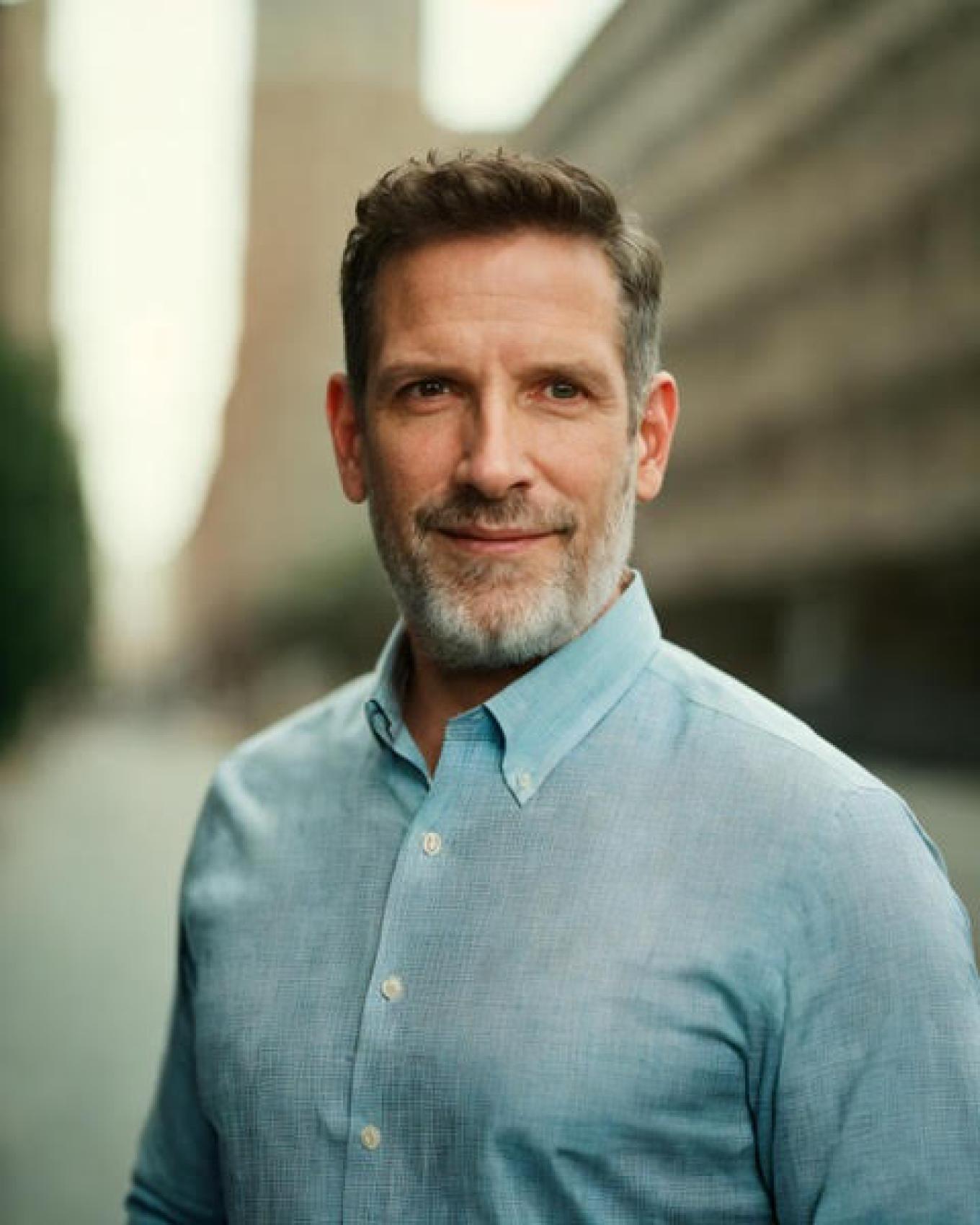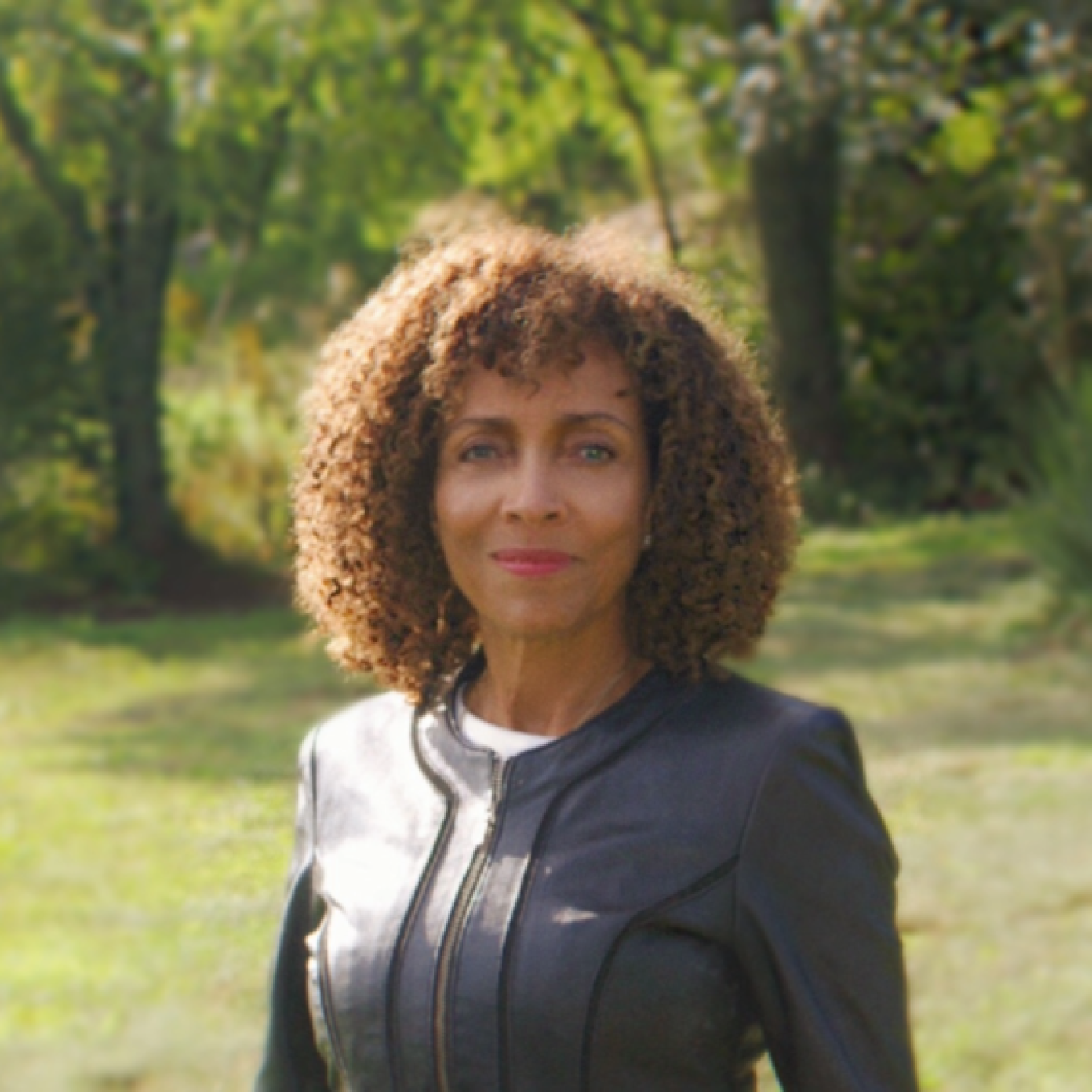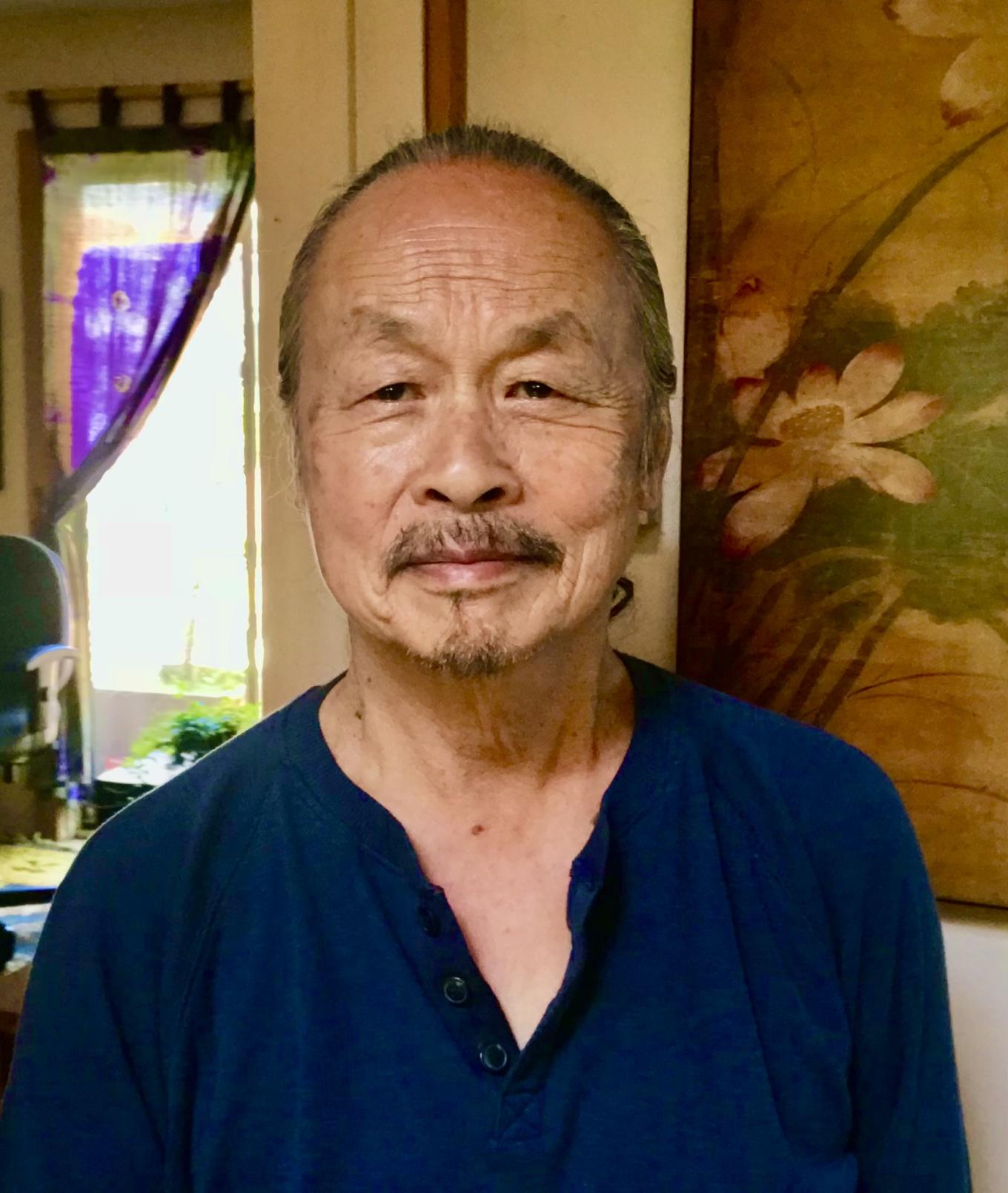
Urban Leadership Academy
Minnesota school leaders must create an equitable and culturally responsive space for all students to learn. In order to drive change, racial equity must be at the center of instructional leadership. Join us for our 2024-25 Workshop Series to focus and reflect on what it means to be a racially equitable leader, providing expertise and vision for your district, your school, your team, and your classroom.
For the past 28 years, the Urban Leadership Academy has provided programming and sustained dialogue focused on providing school leaders with continuous professional development. Each workshop explores the complexity of leading learning organizations in order to better serve students. The ULA advisory board, comprised of district leaders from our member districts, continues to build upon the educational strengths and challenges explored through each thematic series.
2025-2026 Member Districts
Thank you to our 2025-2026 ULA Minnesota Member Districts: Columbia Heights, Eastern Carver County, Mounds View, North Saint Paul/Maplewood/Oakdale, Northfield, Osseo, Rochester, Saint Paul, South Washington County, Stillwater, Twin Cities Academy, West Saint Paul/Mendota Heights/Eagan, and White Bear Lake
2025-2026 ULA Workshop Series

Paul Gorski

Transformative Leadership: It Takes More Than Tinkering
February 26, 2026
Registration for this workshop will close February 19, 2026 at 11.59 pm.
Refunds will not be applied.
Paul Gorski is the Founder, Lead Equity Specialist, & Research Director of the Equity Literacy Institute and EdChange. He has 25 years of experience helping educators, nonprofit workers, and others strengthen their equity efforts. He has worked with educators in 48 states and a dozen countries. He also is the research director of the Equity Literacy Institute, conducting and collaborating on research and other scholarship related to maximizing the transformative potential of equity efforts. Paul has published more than 70 articles and has written, co-written, or co-edited twelve books on various aspects of educational equity including Fix Injustice, Not Kids and Other Principles for Transformative Equity Leadership (with Katy Swalwell), Reaching and Teaching Students in Poverty: Strategies for Erasing the Opportunity Gap, and Case Studies on Diversity and Social Justice Education (with Seema Pothini). Paul spent nine years on the board of directors of the National Association for Multicultural Education and five years on the board of the International Association for Intercultural Education. He earned a PhD in Educational Evaluation at the University of Virginia. He was a teacher educator at several universities for 15 years. He is also a father, a published poet, a black belt in Tae Kwon Do, and the biggest fan of Buster, his cat.

Yvette Jackson

Engaging Generation Alpha to Demonstrate their Motivation to Thrive and Flourish through our Pedagogy of Confidence
December 18, 2025
Equity consciousness is dedicated to remembering that we have been gifted with the role of inspiring and nurturing the innate desire and potential of our Generation Alpha students, not only for academic success, but for success as productive, contributing global citizens in the next quarter of the 21st century!
Yvette Jackson will guide us through the application of equity consciousness through the High Operational Practices™ (HOPs) of her seminal book, Pedagogy of Confidence. High Operational Practices mediate the learning of Generation Alpha students by engaging their cultural frames of reference to apply their intellectual, cognitive, social, emotional strengths, their interests, their personal perspectives, and their self-confidence for the critical and innovative thinking of which they are capable. These are the foundations upon which Generation Alpha students develop the global literacy, empathy, intergroup relations, and collaboration skills required for their success as productive, contributing global citizens in the next quarter of the 21st century.
Yvette Jackson is a lifelong teacher. She is the winner of the 2019 GlobalMinEd Inclusive Leader 2012 ForeWord Reviews Silver Book Award, for her seminal work, The Pedagogy of Confidence: Inspiring High Intellectual Performance in Urban Schools. She is internationally recognized for her drive to provide and promote pedagogy that supports and celebrates educators fulfilling their commitment as “gifted” teachers and administrator leaders to elicit high intellectual performances and engagement from ALL their students.

Lee Mun Wah

Creating Community Through Compassion & Curiosity, Parts 1-3
October 24, 2025
This introductory training provides practical techniques on how to develop alliances and a sense of community betweendifferent groups. We will focus on how to create an environment of trust and a sense of community where similarities anddifferences are valued, acknowledged, and considered useful. Participants will be taken through a series of exercises thatwill help them learn more about each other and what each has to offer that is uniquely theirs.
In addition, opportunities will be provided for participants to share the stories and life experiences that have shaped andimpacted who they have become, as well as their aspirations and hopes for the future. This very intimate and movingexperience often leaves participants feeling they have grown closer in friendship and in understanding throughcompassion and curiosity. We highly recommend this module for those folks who have either grown up or worked inmostly monocultural environments.
Participants will learn:
• Exploring and honoring our similarities and differences
• Techniques on how to listen and respond to different ways of communicating
• Ways to create a sense of belonging in the workplace
• The Art of Listening & Responding
• The Art of Curiosity & Self-Reflection
• What Community Means to Each of Us
• How to Mindfully Listen and Respond
• Noticing the Impact of All Our Communications
Lee Mun Wah is an internationally renowned Chinese American documentary filmmaker, author, poet, Asian folk teller, educator, community therapist, and master diversity trainer. He is the Executive Director of StirFry Seminars & Consulting, a diversity training company that provides educational tools and workshops on cross-cultural communication and awareness, mindful facilitation, and conflict mediation techniques.
His first documentary film, Stolen Ground, about the experience of Asian Americans, won honorable mention at the San Francisco International Film Festival. His most famous film about racism, The Color of Fear, won the Gold Medal for Best Social Studies Documentary and in 1995, Oprah Winfrey did a one-hour special on Lee Mun Wah’s life and work that was seen by many. His most recent film, If These Halls Could Talk, was released in 2014. The film’s focus is on college students and their experience with racism and other diversity issues in higher education.
Thousands of people from government and social service agencies, corporations and educational institutions have taken Lee Mun Wah’s workshops and partnered with StirFry Seminars & Consulting on their diversity initiatives.
Previous ULA Workshops
The Urban Leadership Academy has been providing meaningful educational experiences for more than 25 years.
- Exploring Equity Traps and Tropes: A Move Toward Street Data
Jamila Dugan - From Land Acknowledgements, Performative Inclusion, and Random Acts of Equity to a DEI System That Works
Anton Treuer - Culturally Responsive School Leadership for Restorative Discipline in Humanizing Schools
Dr. Muhammad Khalifa and Dr. Hilary Lustick
- Community-Engaged Educational Leadership: A Practical Approach
Darrius Stanley - Unearthing Joy: A Guide Toward Culturally and Historically Responsive Teaching and Learning
Gholdy Muhammad - Forms of Indigenous and Decolonial Education That Support Thriving in Times of Changing Climate
Megan Bang
- Completing the Circle: A Comprehensive System for Restorative Change in Schools
James Huguley & Shawn Thomas - Getting Past Stuck: Organizing Schools to Eliminate Racism
Decoteau IrbyDisabling Black Poverty, Supporting White Underachievement
Keith Mayes
- “Gifting” All Students through the Pedagogy of Confidence
Yvette Jackson - Amplifying Youth Voice: Minnesota Youth Story Squad and Middle School Partnerships
Jigna Desai & Kari Smalkoski - White Fragility: Why It’s So Hard for White People to Talk About Racism
Robin DiAngelo - Learning to Be a Threat to Inequity: Teaching and Leading with Equity Literacy
Paul Gorski & Seema Pothini